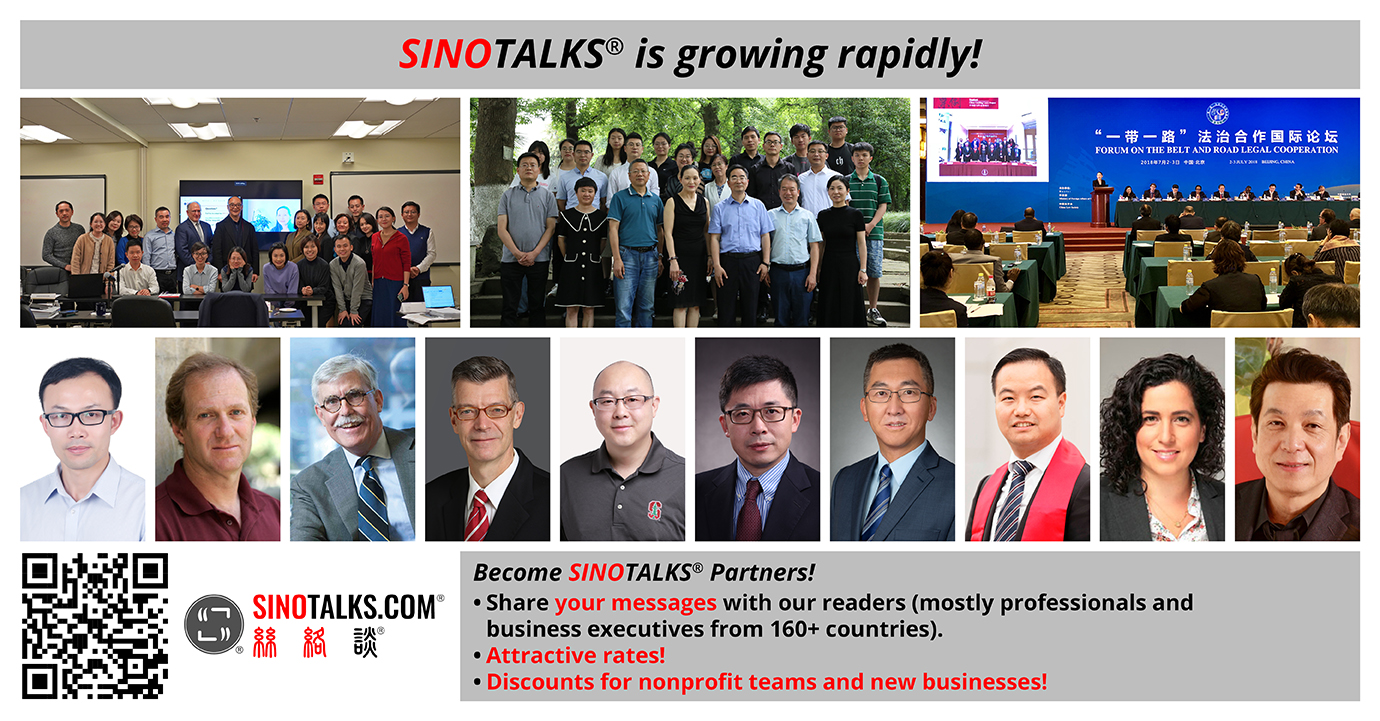Metaverse, Digital Economy, & China’s Strategic Moves†
Table of Contents
- China is Making the Metaverse More Real than Ever
- It’s the DIGITAL Economy!
- International Cooperation
Estimated Reading Time
- 5.5 min

Since late 2021, China has been pushing the development of the Metaverse and expressing its keen interest in joining the Digital Economy Partnership Agreement, which was signed by Chile, New Zealand, and Singapore in June 2020. These efforts and their latest developments, together with President XI Jinping’s current visit to Central Asia, help show China’s strategic preparations for the future.
China is Making the Metaverse More Real than Ever
The past few months have seen governments in more than 20 Chinese provinces or cities roll out their action plans, which range from ambiguous to ambitious, to set goals for promoting the development of the Metaverse. Among the ambitious goals are those set by the government in Shanghai, which vows to increase the scale of its Metaverse-related industries to RMB 350 billion by 2025, while helping develop at least ten “innovative, leading enterprises” with global competitiveness and establishing more than 100 enterprises that can master core technologies in this sector (see China Speeds Up the Realization of the Metaverse).
An important source of momentum for the launch of these Metaverse action plans is an article titled How the Metaverse Rewrites Human Social Life published in December 2021. Although the article was presented as merely a report of interviews with Metaverse experts, the publication venue for the article, the website of the Chinese Communist Party’s Central Commission for Discipline Inspection and the National Supervisory Commission of the People’s Republic of China, suggests that the content may have received approval from the Chinese leadership. The article has a few headings that likely reflect the Chinese leadership’s views about the Metaverse. Three examples are as follows:
- “[…] the Metaverse, which is [the result] of combining and upgrading various existing technologies, can be understood as a ‘3D version of the Internet’”;
- “[…] the Metaverse can bring opportunities for developing the integration of games with social interactions as well as for developing retail and e-commerce, industrial Internet, etc.”;
- “[China must] rationally look at the new round of technological revolution brought about by the Metaverse and the impact on society; neither underestimate the opportunities in 5-10 years nor overestimate the evolutionary changes in 1-2 years”.
What motivates this “rational look” at the Metaverse and related opportunities? The statement made by an official when he explained Shanghai’s Metaverse action plans helps answer the question:
The Metaverse is an important platform for the interaction between the future virtual world and real society. It is a new manifestation of the digital economy with huge potential. (emphasis added).
It’s the DIGITAL Economy!
The potential of China’s “digital economy”, a term that is generally understood to capture all economic activities based on digital technologies (see, e.g., this definition), was described as “enormous” by Chinese Premier LI Keqiang in July 2017. At that time, China’s digital economy reportedly rose to RMB 22.6 trillion in 2016, representing an 18.9 percent year-over-year increase. In 2021, the country’s digital economy further grew to almost RMB 48 trillion.
Apparently seeing the digital economy as a key force for developing China’s economy, the State Council has introduced a plan to facilitate the development of the digital economy from 2021 to 2025. Specifically, the State Council has set the goal to make “the added value of core digital economy industries” account for 10 percent of the country’s GDP by 2025, an increase from 7.8 percent in 2020. In addition, according to the plan, China will expand “international cooperation” on the digital economy as well as draw on “international rules and experiences” to explore the regulations for related areas such as cross-border data flows, market access, and privacy protection.
International Cooperation
- Digital Economy Partnership Agreement
An obvious step for China to take to expand its international cooperation on the digital economy is to join the Digital Economy Partnership Agreement (the “DEPA”), a pioneering agreement that helps facilitate digital trade and establishes standards for fostering international cooperation in the digital economy. In late 2021, China filed its application to join the DEPA. In August 2022, the DEPA Joint Committee formally established a group to examine China’s application (see China is One Step Closer to the Digital Economy Partnership Agreement).
The examination process is worth following closely as it will focus on China’s ability to meet the DEPA’s obligations. Among other obligations, the DEPA requires member countries to “endeavor to promote the adoption of ethical and governance frameworks that support the trusted, safe and responsible use of AI technologies” and “adopt or maintain a legal framework that provides for the protection of the personal information of the users of electronic commerce and digital trade”.
The accomplishment of the DEPA cannot be overstated if the examination of China’s application will lead to the country’s adoption of international standards in the regulation of key areas, such as the use of AI technologies and the protection of personal information.
- President XI Jinping’s Visit to Central Asia
Against the backdrop outlined above, President Xi’s current visit to Central Asia can potentially help China expand its international cooperation on, among other fronts, the digital economy, given that the region is also crucial for the delivery of goods to ensure, for example, the success of cross-border e-commerce.
The visit to Kazakhstan also carries symbolic significance. It was during an earlier official visit to Kazakhstan in 2013 that President Xi first announced his concept of establishing the “Silk Road Economic Belt” (i.e., the “Belt”) and the “21st Century Maritime Silk Road” (i.e., the “Road”) to connect China with essentially the rest of the world. Since then, the Belt and Road Initiative has led to both collaborations and controversies.
If, during his first international trip after the outbreak of the pandemic, President Xi can send a clear message to the world that China is ready to leverage the rapid development of its digital economy to help energize global economic recovery, there is a real chance for China to be seen as a power that strengthens international cooperation.
† The citation of this article is: Dr. Mei Gechlik, Metaverse, Digital Economy, & China’s Strategic Moves, SINOTALKS.COM, In Brief No. 21, Sept. 14, 2022, https://sinotalks.com/inbrief/2022w37-english-metaverse-digital-economy.
The original, English version of this article was edited by Nathan Harpainter. The information and views set out in this article are the responsibility of the author and do not necessarily reflect the work or views of SINOTALKS.COM.
Related Articles
Contact Us
Get Involved
Sponsor/Donate | 赞助/捐赠
Become SINOTALKS® Partners | 成为丝络谈™合作伙伴
Services



